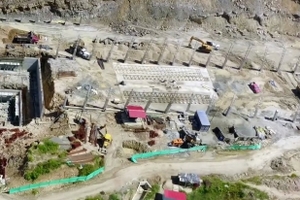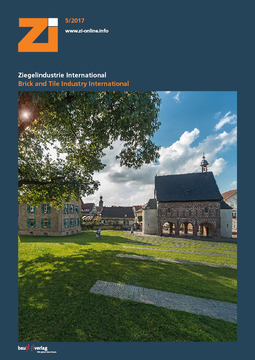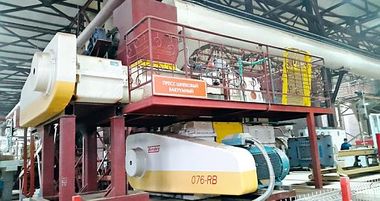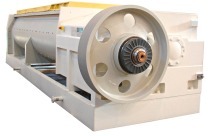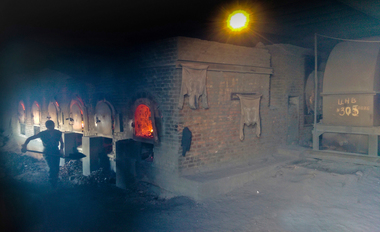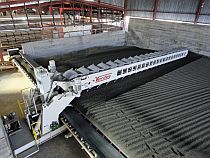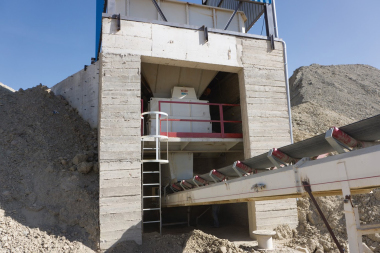Colombia – a brick country
The capital, Bogotá, lies at a height of 2700 m and Medellín, the second biggest city, is mostly above 1700 m, although the many brick plants surrounding it are at a higher level. However, these plants differ from their European counterparts in their size, most of them producing under 200 t/day, with just a handful of exceptions. Another peculiarity is that the plants produce four or five totally different “product families” on the same manufacturing line, which has advantages as well as problems.
Many brick plants, especially those that have imported equipment, use Verdés machines in their clay preparation, as the Spanish plant engineering company has been one of the key technology suppliers since the early 1960s, when the change was made from manual production to mechanized operation. In those days, bricks were still dried naturally in air and the kilns were “pampas” (a variety of scotch kiln), “morunos” (bottle-shaped kilns) or downdraft “beehives”.
In the following decades, Verdés brand has continued to be a preferred partner in the slow modernization process carried out by small and medium family-owned companies. Nowadays the relevant plants are using artificial dryers and tunnel kilns (locally designed or with imported technology and equipment) or else forklift-loaded modernized Hoffmann kilns. In the main production areas over most of the country, good-quality coals are used.
As a concentration process or investment by foreign brick makers has not yet taken off, each company owns only one or two plants. With a positive economic scenario in the last few years, the smaller plants are also updating their thermal processes and introducing some degree of automatic handling.
Terras de San Marino –
a new player on the
Colombian brick market
In the Medellín region, one of the two big brick clusters, a new player has emerged. Terras de San Marino is setting up a completely new brick plant almost from nothing. In early spring, Verdés was chosen to supply the complete clay preparation line and an appropriate contract was finalized.
During the project planning, the clay preparation and extrusion line was designed with a dry grinding line, for which Verdés is widely recognized as well as for its semi-wet grinding systems. In this instance, the dry grinding line was chosen to meet the exacting specifications and obtain the smooth surface required for some of the products. Also the considerable number of raw materials and additives to be used with maximum flexibility was taken in consideration in the discussions with Terras.
The clay preparation line is dimensioned to process 140 000 t/year. After adaption of the process to the local industrial mentality, the plant is designed to produce clinker and facing bricks, as well as horizontal and vertically perforated blocks, large-sized partition blocks and others. With products ranging from 2 to 18 kg per piece, it is a challenge to achieve full automation. This, together with the plant size, will certainly cause a stir in the region.
As Terras is a very dynamic company, preparation of the site, earthwork and access roads have already been completed and the construction of the industrial buildings is also progressing speedily. The machines will be delivered in the next few months.
Talleres Felipe Verdés, S.A.
www.verdes.com

